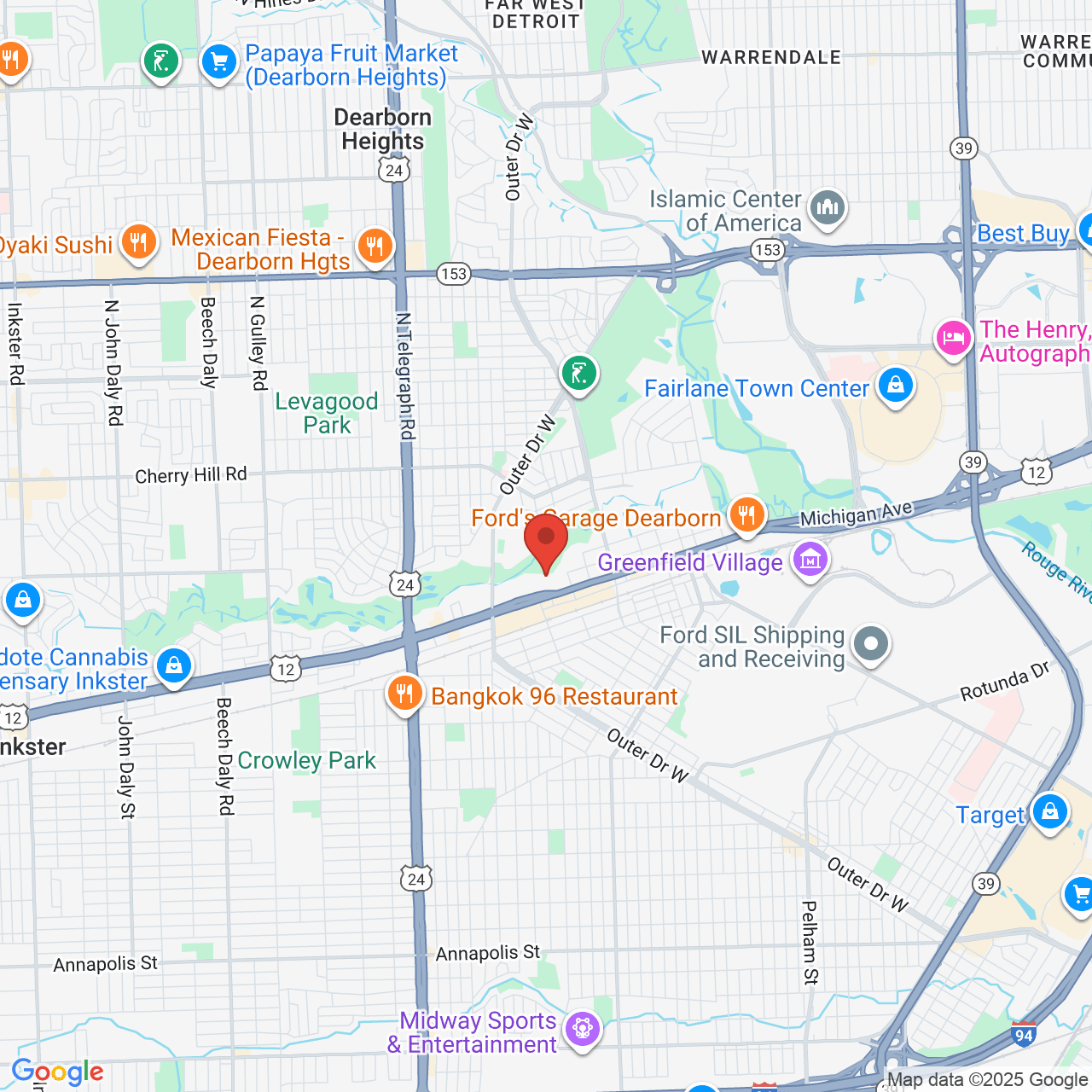
TMJ Disorders
What Is TMD?
TMD stands for temporomandibular joint disorder, a condition in which your TMJ does not work correctly for a variety of reasons. TMJ disorders commonly result in pain, inflammation, and difficulties moving your jaw. While many TMD symptoms are minor and may go away on their own, the effects can worsen and impact your quality of life if left untreated.
Our jaw joints work constantly throughout the day as we eat and speak. If your TMJs are not functioning properly, this can have far-reaching effects.

Benefits of TMD Treatment
Increased Comfort
Common symptoms of TMD like jaw pain and headaches can have wide-reaching consequences, such as impacting your ability to sleep at night. Temporomandibular joint treatments can alleviate these symptoms so you can feel better and focus on your day-to-day life.
Improved Quality of Life
Many patients end up making sacrifices in their life to accommodate the symptoms of TMD, such as limiting their diet to soft foods or leaving social events early due to headaches. With our treatment, you don't have to suffer through those symptoms and give up the activities and foods you love.
Cost Saving
Temporomandibular disorders can cause oral health issues down the line such as excessive wear and tear on your teeth. Treating TMJ dysfunction early at our office in Dearborn, MI, means we can prevent more serious dental problems that require expensive treatments down the line.
Symptoms of TMJ Disorders
Temporomandibular disorders can be difficult to diagnose since they have so many causes and symptoms that can overlap with other conditions. Some of the more common signs of TMJ disorders include:
- Chronic and severe headaches
- Difficulty opening the mouth wide
- Swelling on one side of the face
- Ringing in the ears
- Dental erosion or fractures
- A popping sound when opening and closing the jaw
- Pain in the neck, face, shoulders, or upper back
The only way to receive an accurate diagnosis is by undergoing an exam with a dentist who is familiar with TMD.
Ready for Life Without Jaw Pain? Contact Dearborn Family Dentistry
We can help you find relief from the symptoms of TMJ disorders and improve your quality of life. Dr. Mark Luria and Dr. Rena Allswang can diagnose the cause of your TMD using digital X-rays and other advanced technology. We use non-invasive techniques like oral appliances to treat the issue so you can avoid expensive surgery and save time and money.
You should not have to suffer through jaw pain, headaches, and other symptoms of TMD. Contact our dental office and submit a form or call our Dearborn, MI, practice at:
(313) 565-5507

"I Am in Good Care!"
I've been going there for years and the only thing I can say about this place is AWSOME. The staff are friendly and professional and the doctors are brilliant.
View on GoogleThey put you right at easy with their friendly demeanor. Up to date techniques and listening to your requests.
View on GoogleDiagnosing Temporomandibular Disorders
During your initial exam at our office in Dearborn, MI, one of our dentists will assess your bite and manually check for misalignment and joint inflammation. We may also take digital X-rays and other diagnostic images to determine the optimal position of your teeth and jaw joints. Our dentists can compare this data to the current position of your jaw and teeth and spot any abnormalities.
Once we identify the potential causes, our dentists will form a treatment plan to realign your bite in a way that relieves undue pressure on your TMJ. Over time, our non-invasive treatments should allow the surrounding muscles to relax while improving or eliminating your symptoms.
A customized oral appliance is often the first line of defense against disorders of the temporomandibular joint.
TMD Treatments

Oral Appliances
Dearborn Family Dentistry uses non-invasive methods like customized oral appliances to treat TMJ disorders. Sometimes called a night guard, our appliances can hold your jaw in a natural, relaxed position to prevent you from clenching and grinding of your teeth. Our practice provides oral appliances based on detailed impressions of your teeth, which ensures a comfortable, precise fit for your device.

Lifestyle Changes
In some cases, patients may benefit from gentle exercises to relax the muscles surrounding the jaw, relaxation techniques, and stress reduction practices. Our experienced staff can demonstrate the best exercises to help your case and walk you through them step-by-step. Even after your symptoms have disappeared, we recommend regularly performing these exercises to help strengthen and relax your jaw and reduce stress levels.

Surgical Options
Surgical treatments for TMJ disorder are a last resort because they are permanent. The cause of TMD varies from patient to patient or can change over time, so our practice relies on reversible methods to treat the condition. However, if you suffer from a chronic or long-term TMJ disorder, we can refer you to a nearby specialist who provides surgery and other alternative treatments.
Paying for TMJ Treatment Insurance and Financing
Despite the benefits of TMJ treatments, insurance coverage can vary widely depending on the state and your plan. Our team can help determine how much your insurance will cover.
We also offer payment plans through CareCredit® to divide any remaining out-of-pocket expenses into affordable monthly installments.
"This Place is AWESOME"
Dearborn Family Denistry is the best. Dr. Mark Luria is so patient, kind, thoroughly explains any issues you have and answers all of your questions. The atmosphere is comfortable and friendly. All of the staff are warm, welcoming and helpful.
View on GoogleI love Dearborn Family Dentistry! I have been going there since before I had teeth lol! Patti is awesome whenever I am going in for something painful she always ensures me to call immediately if something does not feel right! She always let’s me know I am in good care!
View on Google

